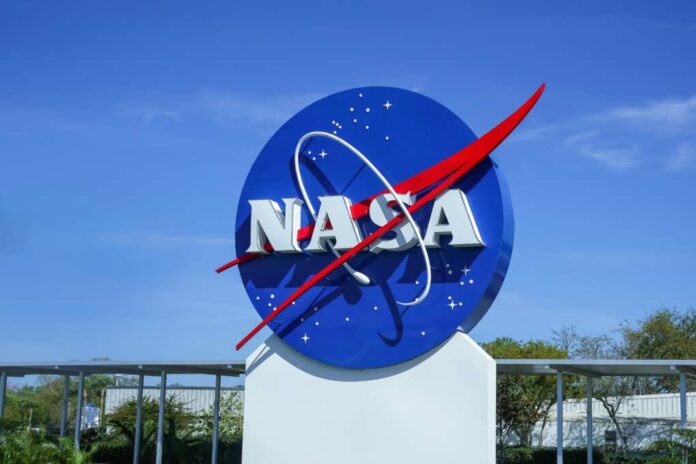
The Artemis Accords, a U.S.-led diplomatic initiative promoting peaceful and cooperative space exploration, have now been signed by 55 nations, signaling growing global consensus around the rules for humanity’s return to the Moon and beyond.
At a Glance
- The Artemis Accords outline ten principles for peaceful and sustainable space activities.
- The United States remains an active participant and founding leader of the initiative.
- Norway joined in May 2025, becoming the 55th signatory.
- The Accords support NASA’s Artemis Program, which aims to return humans to the Moon.
- China and Russia remain outside the agreement, raising geopolitical concerns.
Expanding Global Cooperation
Established in 2020 by NASA and the U.S. State Department, the Artemis Accords were created to set shared norms for civil space activities. As of May 15, 2025, 55 countries—including recent signatories like Norway, Bangladesh, and Finland—have joined the pact, according to NASA’s latest update.
The Accords reinforce key obligations of the 1967 Outer Space Treaty while addressing modern space challenges. Signatories agree to principles such as transparency, interoperability, emergency assistance, responsible resource use, and the preservation of lunar heritage.
U.S. Leadership Endures
Despite political shifts, the United States continues to lead and participate fully in the Accords, reaffirming bipartisan commitment to international space cooperation. NASA works alongside partner space agencies and commercial entities to execute the Artemis Program, which will return astronauts to the Moon—including the first woman and next person of color—and lay groundwork for a future Mars mission.
Watch a report: NASA’s Artemis Accords Signing Ceremony.
A Framework for the Future
The Accords emphasize peaceful purposes and open data sharing, but also tackle newer issues like the responsible use of lunar resources and preventing harmful interference. Countries must deconflict operations through coordination and establish “safety zones” for infrastructure and scientific sites. Another critical focus is orbital debris mitigation—essential to keeping Earth’s orbital environment functional.
Although broad in support, the absence of major space players like Russia and China has sparked debate. Both nations have criticized the Accords as U.S.-centric and instead advocate for a separate, UN-based space governance model.
The Road Ahead
The Artemis Accords are increasingly viewed as the legal and diplomatic foundation for lunar and planetary exploration. Their growth in membership reflects rising concern over space security, and shared interest in avoiding a “Wild West” approach to off-Earth development.
As NASA prepares for its first crewed Artemis landing—currently scheduled for 2026—the Accords will continue to shape global cooperation, resource sharing, and conflict prevention in outer space. The U.S. remains central to this vision, using diplomacy and technology to lead a broad, peaceful coalition across the stars.




















